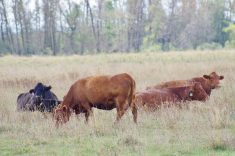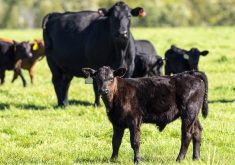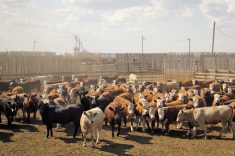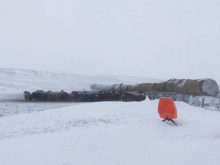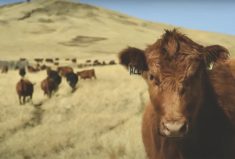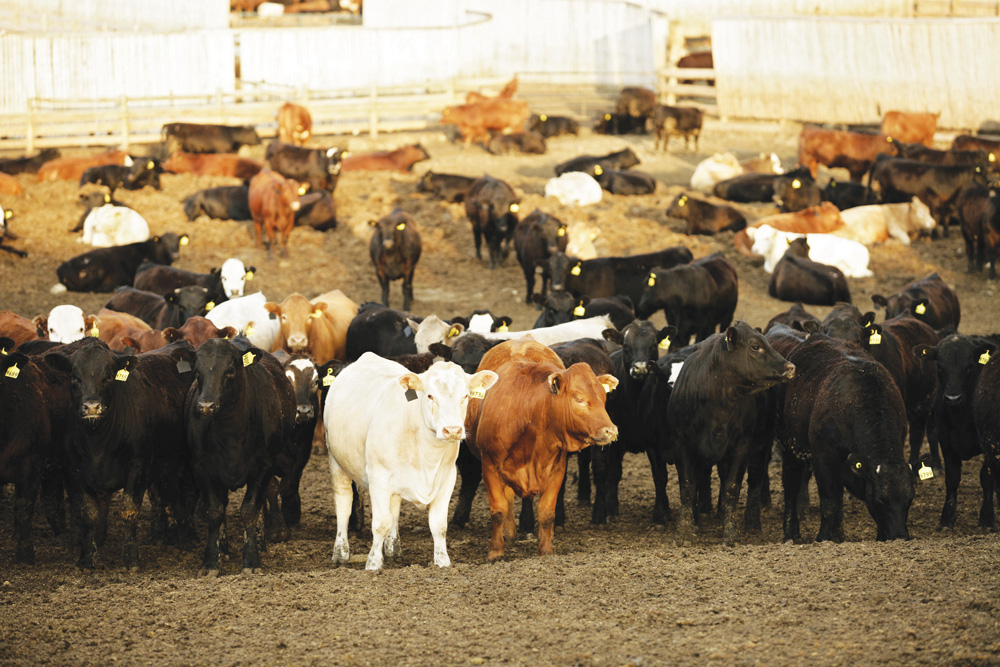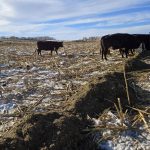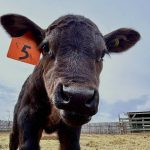Canada’s sustainable beef effort has reached the retail market, but now needs to work on its own financial sustainability and meeting demand.
About 4.7 million pounds of beef qualified for a Canadian Roundtable for Sustainable Beef claim in 2018, according to Cargill. The company is the only processor to currently deliver CRSB certified beef, part of a sustainability pilot that the company says it will adopt into a standing program. The pilot gives a per-head payment for cattle sourced entirely through a verified supply chain. Those working on the project say getting the system up and running came earlier than hoped for.
Read Also
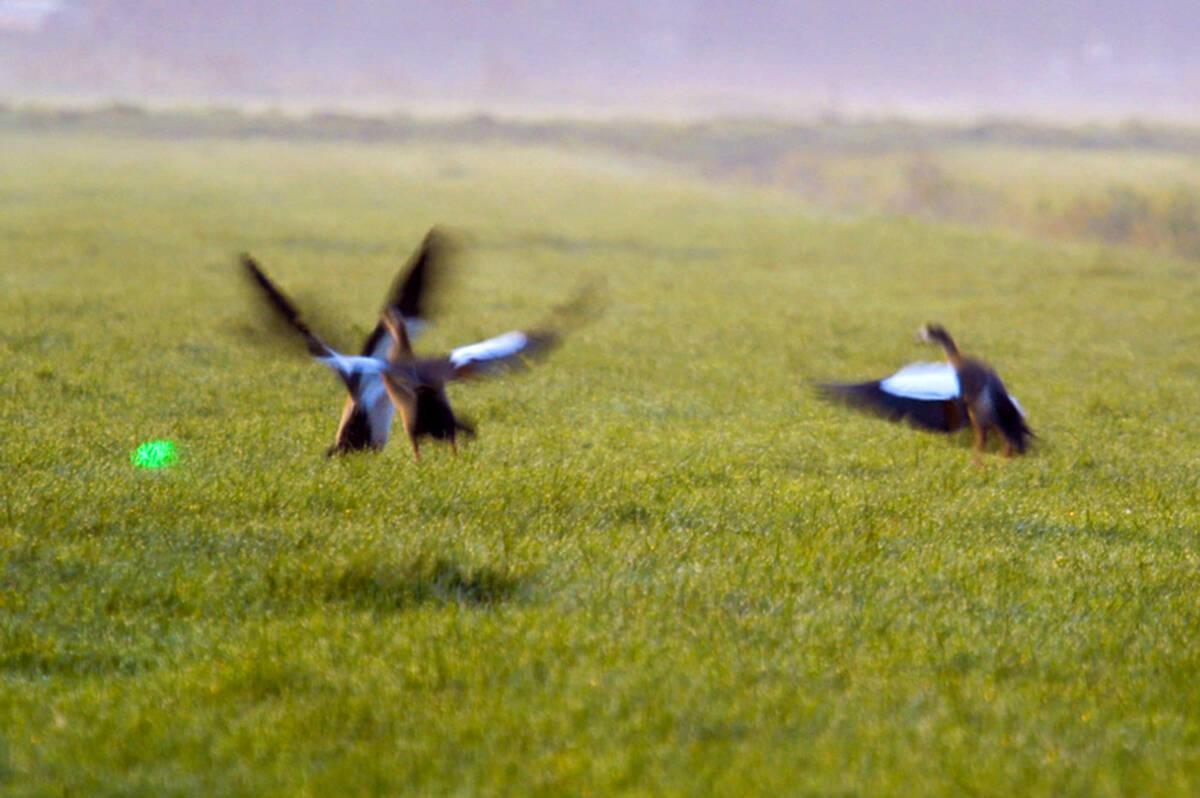
Canada’s import ban on Avix bird control system ruffles feathers
Canadian producers’ access to Bird Control Group’s Avix laser system remains blocked despite efficacy studies and certifications, as avian flu deaths rise.
“At the beginning of the year, I don’t think anyone was saying that we were going to get ‘x’ pounds of beef,” Greg Bowie, CRSB framework committee co-chair said.
Why it matters: Canada’s CRSB framework lays out pioneering sustainability standards, but every level of the value chain has to buy in for the certified beef supply to flow and there is still work to do before the framework starts recovering their cost.
The roundtable says its framework is the first of its kind, setting out standard metrics for sustainability at both the farm and processing levels in the hopes of creating a fully certified supply chain.
The CRSB has secured enough funding to implement the framework, although the fees paid by roundtable members have yet to cover operating costs.

“That’s going to take some time, because in the beginning of these programs, you have to put a lot of money into development and it’s awhile before you start seeing the revenues come back from the end-users,” Bowie said. “We’re reasonably confident that we have the majority of the money in place to get us to that point where we’ll be at or close to the point of self-sufficiency.”
McSustainable
McDonald’s became the first to use the CRSB certification mark in late 2018, when the CRSB mass balance logo appeared on the restaurant line’s Angus burgers. The mass balance mark promises that at least 30 per cent of the beef came entirely through a verified supply chain, with every facility from birth farm to processor meeting the CRSB’s mark on efficiency, food quality, animal health, natural resources and human impact.
Farms must be audited by either Verified Beef Production Plus or Where Food Comes From to be considered under CRSB rules, while processors must face an auditor from Where Food Comes From or IMI Global.
Jeffery Fitzpatrick-Stilwell, North American sustainability manager for McDonald’s, says the restaurant chain hopes to ramp up the proportion of verified beef on its menu, but hasn’t set any hard goals. The Angus burgers themselves only represent a small part of the beef bought by McDonald’s, the company said.
“We really take a progress-over-perfection approach here,” Fitzpatrick-Stilwell said. “The supply just is not there yet. This is brand new. The framework, we’re still refining some of the stuff here.
“What we committed to from the beginning is not to set a target or a goal that was not realistic for producers, because even if every producer today put their hand up to want to be audited, there aren’t enough auditors to do it,” he added. “So we’re being really responsible by not saying, ‘We want 100 per cent by this date,’ because we don’t know how we’re going to get there.”
Loblaws, Swiss Chalet, Original Joe’s and Cactus Club Cafe are also partners under the Cargill sustainability pilot, although McDonald’s is currently the only one to adopt the certification logo.
Cargill has said it hopes to lock down further customer commitments.
Becky Bevacqua, marketing manager with McDonald’s Canada, says McDonald’s expects to boost its advantage from using the logo once other partners adopt the mark.
“That will help us all move together versus us being the only ones in market right now with that logo,” she said. “Once it shows that we’re not the only ones behind this, that will help to increase the brand perception.”
Cattle needed
Supply has been more of a problem than lack of demand so far, those involved with the framework have said.
Cargill says its demand for certified beef far outweighs what it can currently provide.
Emily Murray, Cargill’s general manager of beef sales to McDonald’s, says they are working to finalize several customer commitment deals.
“Then there’s a second level, which is, let’s make a commitment together that in ‘x’ number of years, we’re going to make a product claim,” she said.
Cargill will create a “build plan” for those customers. Several companies have opted for that second option, given the current supply, Murray noted.
“They’re actually paying now, even though they can’t make a claim, to hold that volume and hold that commitment with us,” she said.
Others have balked at the current price point, Murray said, since the tight supply has kept prices high.
The CRSB framework is still looking into bottlenecks and gaps in the value chain.
Cargill estimates that about 6.5 million pounds of eligible beef dropped out of the system due to feedlots not being certified.
A single additional feedlot could greatly increase the cattle feeding into a verified supply, Bowie said, although he noted that different regions have different gaps in the value chain.
“People are starting to communicate a little more now, either from the people who they’re buying from or the people who they’re selling to on, you know, ‘I don’t want to lose the identity of these cattle or the certification of these cattle that I went through,’” Bowie’s fellow co-chair, Tim Hardman, said.
Producers selling at auction marts are rolling the dice on if those cattle will stay in the verified production chain, according to Bowie, although he noted that at least one auction sale in Saskatchewan was recently devoted to certified cattle.
The CRSB hopes to see its certification mark on at least one more retail or food-service provider by the end of this year.
The CRSB also hopes to see closer ties with the dairy industry. The dairy industry’s own audit program, ProAction, is in line as another possible auditing body with the CRSB, something that would add dairy cull cows to the supply of certified sustainable beef.
The environmental piece of ProAction is still in the works, the CRSB has been told, and work would still be required to bring the program in line with CRSB metrics. The Dairy Farmers of Canada has stressed that ProAction must serve its own members first before CRSB considerations can be explored.
“This thing has to be driven at both ends,” Bowie said. “The producers don’t want to produce the beef under these standards if they don’t have an end use for it and the end-users don’t want to start campaigning or advertising for it when they’re not sure that they have the supply for it.”




